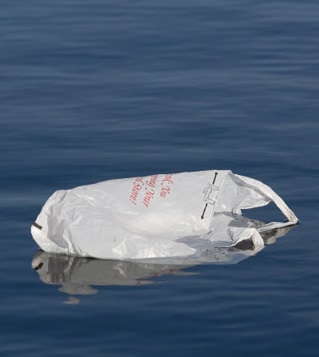Senate probe calls for plastic ban
 A Senate inquiry has recommended all single-use plastics be banned by 2023.
A Senate inquiry has recommended all single-use plastics be banned by 2023.
The wide-ranging report into Australia’s recycling crisis also called for a national container deposit scheme to be created as part of a “circular economy” – where all materials are recovered and reused domestically.
Inquiry chair Greens senator Peter Whish-Wilson welcomed the “a rare display of political consensus” across major parties on the matter.
“The Senate has laid down a clear pathway for Australia to create a circular economy and stop piles of plastic, paper and glass being stockpiled or heading to landfill,” he said.
Senator Whish-Wilson said such a ban could include takeaway containers, chip packets, plastic bags and coffee cups with plastic linings.
Australian recycling has been thrown into crisis by China’s decision to stop buying the majority of our recyclable material.
With up to 50 per cent of all Australian recycling previously being sold to China, the local industry needs help to handle the volume of recycling Australia creates.
With some recycling already being dumped in landfill, states are scrambling to ensure collection companies continue to pick up recycling.
The report from the inquiry says the long term solution is a circular recycling economy.
It also suggested ways to cut down on waste generation and fund infrastructure to recycle domestically.
“It appears that Australians are more likely to be enthusiastic recyclers than they are at seeking to avoid waste generation,” the report said.
“The increasing amounts of material generated for recycling is placing the recycling industry under pressure.”
Waste Management Association of Australia chief Gail Sloan told the committee Australia is being “left behind the rest of the developed world” in developing a circular economy.
“For every one job involved in landfill and 10,000 tonnes of waste, over four are created by resource recovery,” she said.
The report also covered waste reduction, waste-to-energy plans, a national container deposit scheme, and mandatory targets for using recycled material.
“Never before have I seen every stakeholder, from right across the economy, call for national leadership on an issue. This report lays bare the need for federal government action and underlines why it can no longer sit on the sidelines,” Senator Whish-Wilson said.








 Print
Print